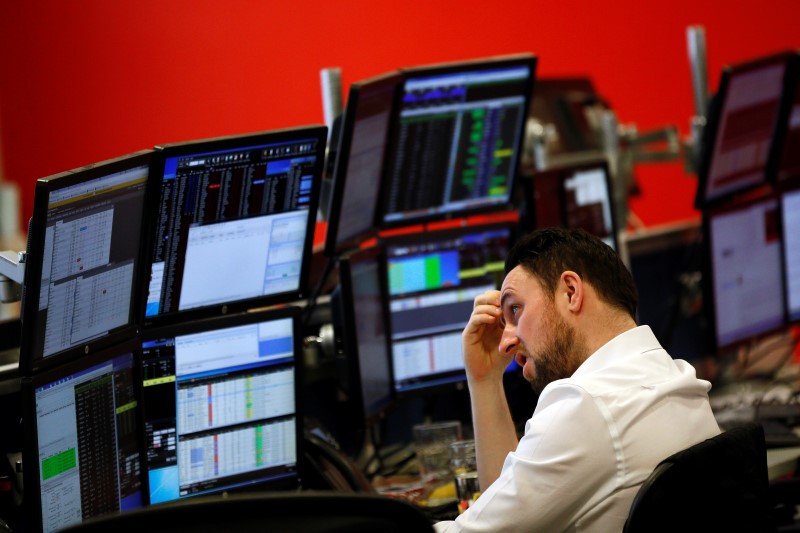
Most of the major stock indexes in the Asian stock exchanges exhibit growth on Wednesday. However, some indexes show slow growth dynamics as market participants remain gravely affected by the worsening epidemiological situation in the world. At the moment, there is still a steady growth in the number of infected cases which creates considerable obstacles to the development of the global economy. The uncertainty in the adoption of the financial incentive program in the US, as well as the approaching US presidential election, further inflames the situation.
Japan's Nikkei 225 Index dropped 0.29% in the morning, becoming the only link with negative dynamics.
China's Shanghai Composite Index climbed 0.57%. The Hong Kong Hang Seng Index followed the positive trend and gained 0.21%.
South Korea's KOSPI Index rose 0.62%. The country's statistics supported the general mood of local investors. In particular, the level of consumer confidence in the country in the second month of autumn increased to 9.6 points, while earlier the figure was 79.4 points. This is, of course, a big advance that could not go unnoticed. Moreover, it should be noted that the current growth in the indicator has led it to its maximum value since the beginning of this year.
Australia's S & P / ASX 200 is up 0.1%, which is already a good sign after its contraction over the past four trading days. In addition, it became known that the level of consumer prices in the country for the third quarter of this year jumped by 0.7% on an annualized basis. Recall that in the previous period, which lasted from April to June, the indicator decreased by 0.2%. Thus, the current rise is evidence of a 1.6% increase in the quarter. This is not a very good signal, especially after the 1.9% deflation recorded in the second quarter of 2020.
Meanwhile, the major stock indexes in the European stock exchanges faced losses Wednesday morning, which is happening for the third time in a row. This cannot but worry investors, who are already experiencing quite a lot of stress from external negative factors. The said decline is the result of growing tensions over the implementation of restrictive quarantine measures to combat the coronavirus pandemic, which inevitably leads to a pullback in the region's economy.
The number of patients is growing rapidly every day, the second wave has already captured almost all countries in the region, and some even have to resort to extreme measures by declaring a state of emergency on their territory. Of course, all this has extremely negative consequences for economic development, which has not yet returned to normal after the first wave of the pandemic.
The general index of large enterprises of the European region Stoxx Europe 600 fell immediately by 1.97%, which is a fairly large-scale fall. It has currently moved to the mark of 345.62 points. There are no hopes for a near-term recovery of the position yet.
The UK FTSE 100 Index sank 1.72%. The German DAX index was down 2.84%, making it the leader of the fall. France's CAC 40 Index dropped 2.7%. Italy's FTSE MIB parted from 2.56%. Spain's IBEX 35 Index fell 1.93%.
According to experts, the main concern of investors is now associated precisely with restrictive measures, which seriously undermined economic growth in the first half of this year. Market participants, of course, do not want a repetition of the situation, however, a significant deterioration in the epidemiological situation in Europe does not give even the slightest chance to avoid such consequences. Moreover, analysts believe that the second wave will cause greater damage to the economy, and the fight against the consequences of the crisis may drag on for more than a year.
In addition, market tensions are growing amid the approaching date of the presidential elections in the US. This is a completely understandable phenomenon, which is temporary.
The main attention of traders this week will be riveted on the next portion of the quarterly reports, which are beginning to come to the press from the largest companies in the region.





















